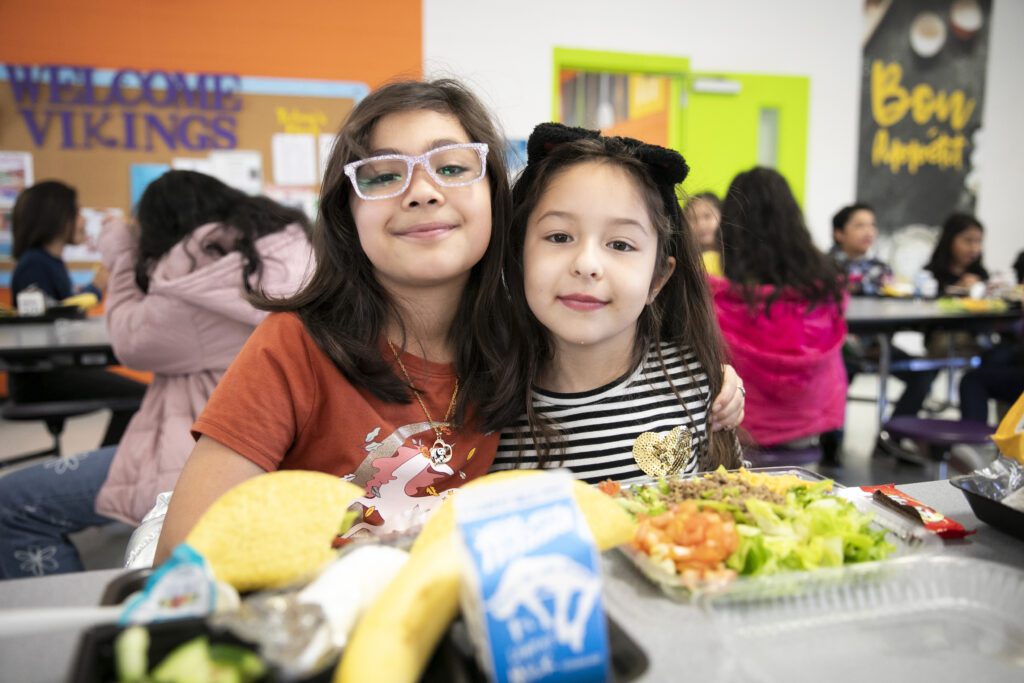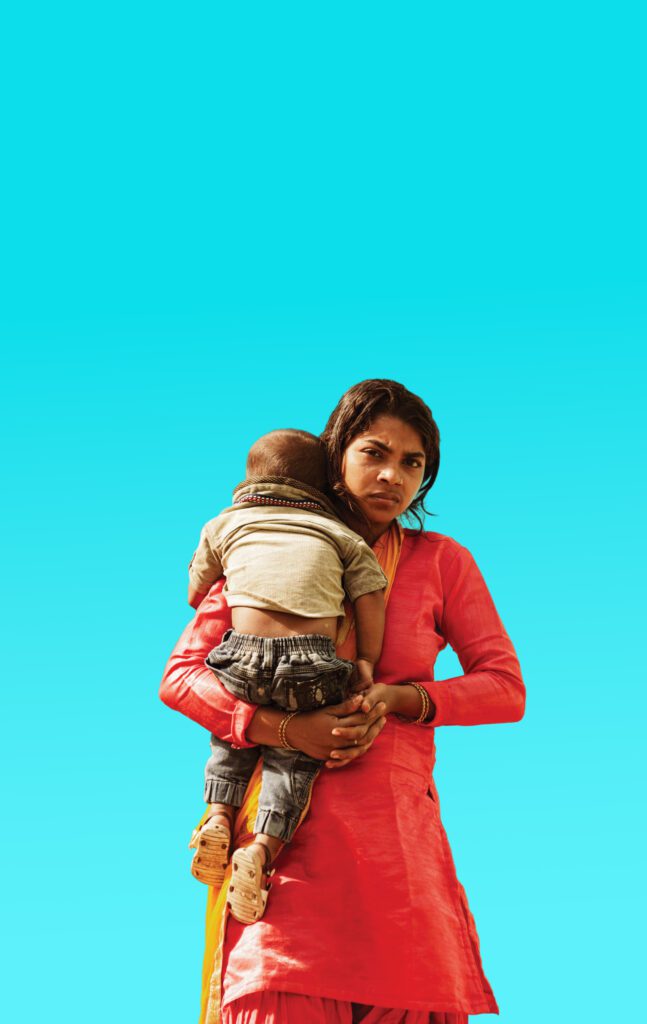
On Tuesday, the New England Council and The New Hampshire Institute of Politics hosted a breakfast for local business leaders in Manchester, New Hampshire to meet former Maryland Governor Martin O’Malley. It was his first trip to the all-important first primary state since he left the Governor’s office and began to seriously consider challenging Hillary Clinton for the Democratic Party nomination for President. Because O’Malley was such an energetic champion of our No Kid Hungry campaign, and because it’s less than an hour drive from Boston, I went up to take a look, just as I did 32 years ago when a mostly unknown Colorado Senator named Gary Hart for whom I worked set out to challenge the front running former Vice President Walter Mondale.
O’Malley was well received though most New Hampshire voters wait to be courted, hopping from one candidate event to another, as unready to commit as a bumblebee to a tulip. It’s a small state and there are lots of only half-joking comments like “I haven’t decided to vote for him (or her) because I’ve only had lunch with them twice.” In addition to the local coverage, the Washington Post and USA Today sent reporters along to cover O’Malley’s maiden voyage.
At one point Governor O’Malley asked for a show hands from those in the audience who thought they had more opportunity and a better life than their parents had. About two-thirds of the 80 or so people raised their hand. Then he asked how many thought the same would be the case for their children. Only two hands went up, and wavered uncertainly. You have to be my age to appreciate just how remarkable a change that is from the conventional wisdom that prevailed for so long about the meaning and viability of “the American Dream.” The rest of us stared quietly at those two half-raised hands; a sadness to the silence, even a twinge of guilt for being the first generation to short-change their own children in this way.
“It underscores the central question that is on the kitchen table of our democracy” said O’Malley: “How do we make sure that our economy works again for all of us?” And by connecting that question to the future prospects of children, O’Malley framed why our work with No Kid Hungry, and the impact it has on educational achievement, child health, and our nation’s economic competitiveness, is both important in its own right and more connected than ever to the emerging national conversation about who the next president of the United States will be.
We must make our work and the historic results Share Our Strength has been able to achieve, part of that conversation.


